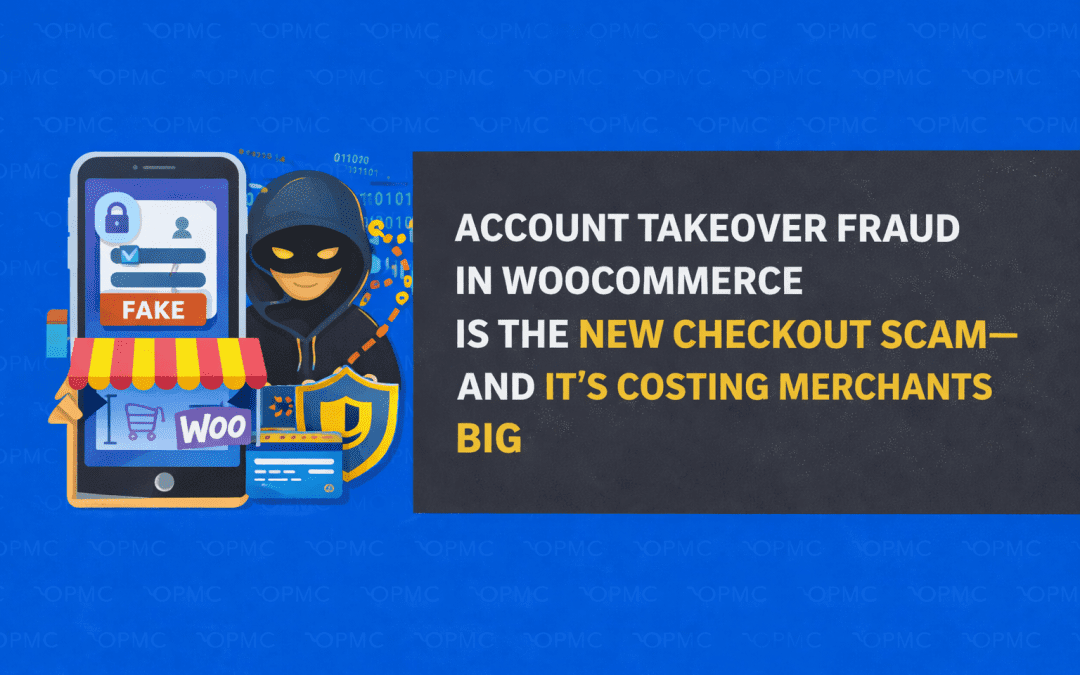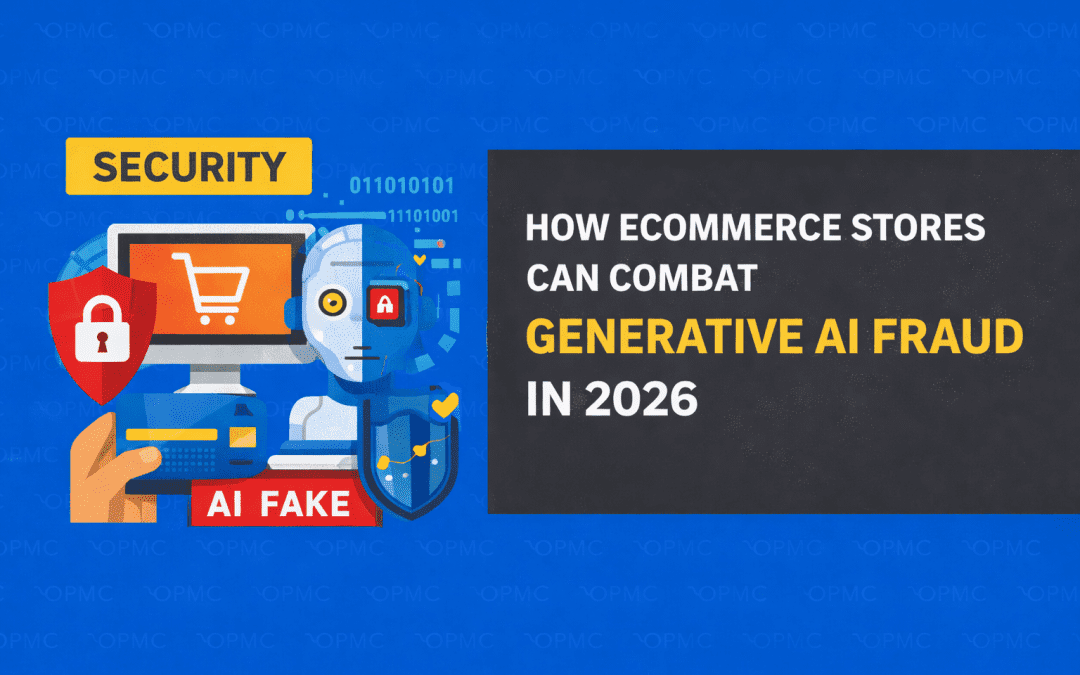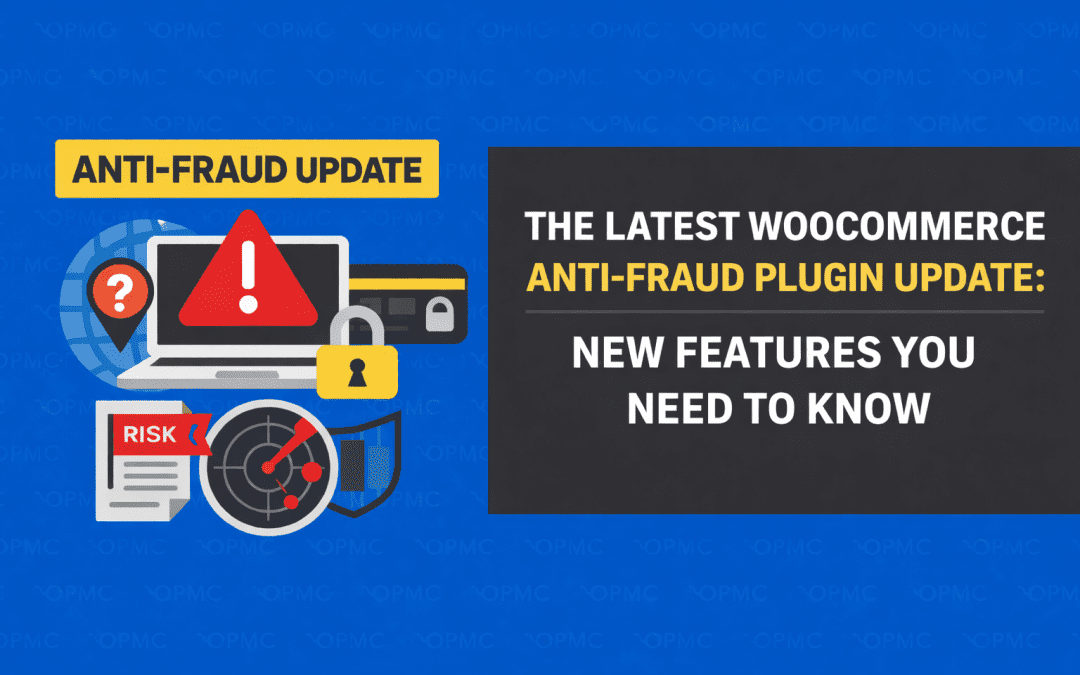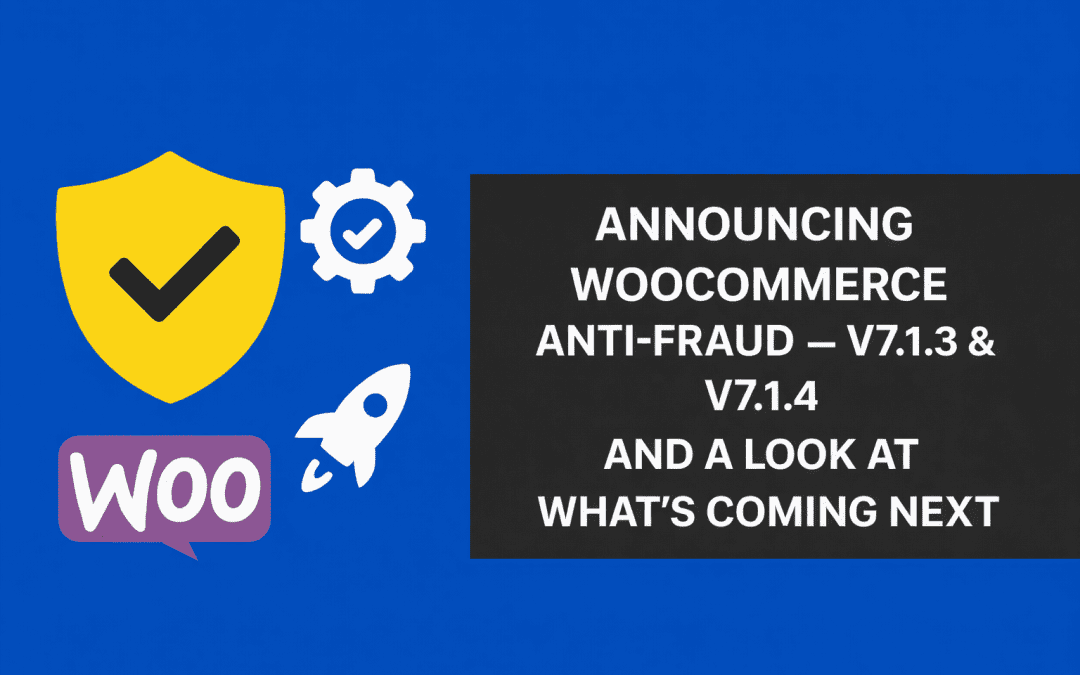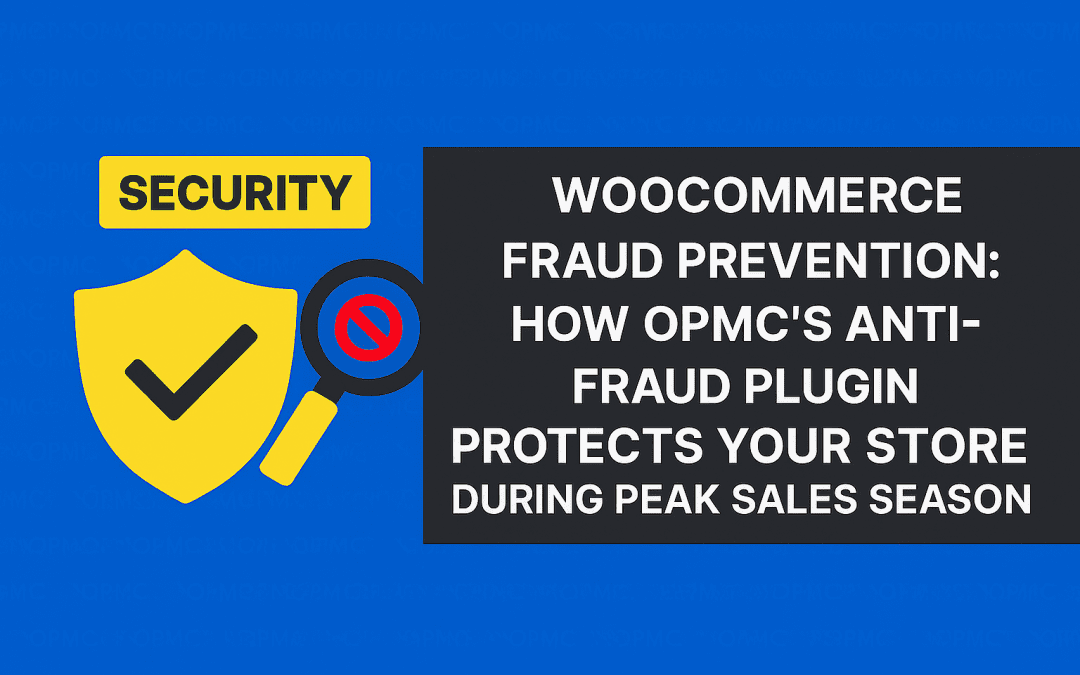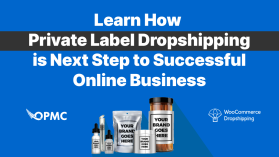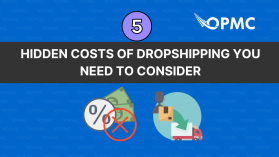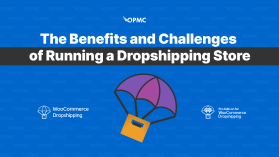Private label dropshipping is a strategy that lets you sell other brands’ products as your own. You buy the items from a wholesaler or manufacturer and then sell them to customers directly. The result is that you have access to products that are usually only available in physical retail stores or through third-party sellers on Amazon.
In this article, we’ll dive into the ins and outs of private label dropshipping, from the benefits to the challenges. By the end, you’ll have a good understanding of whether this business model is right for you.
So, let’s get started – it’s time to explore the world of private label dropshipping and see if it’s worth trying for your business.
What is Private Label Dropshipping?
Private label dropshipping is a business model where you sell products from other companies, but you sell them under your own brand name. In other words, you don’t need to own the product or even buy it. You just need to find a supplier who will dropship for you (that means they will ship your orders directly to customers).
Once that’s done, it’s up to you how many of these products you want in stock and how much profit margin (markup) you want on each item sold.
Private label dropshipping is a way for businesses to sell their own branded products online without the upfront costs and risks of traditional manufacturing and inventory management. Sound too good to be true? It’s not – as long as you’re willing to put in the time and effort to research and plan carefully.
You are able to create a unique brand around your products that are often not available in other places – meaning a massive competitive advantage for your online store.
What Benefits Does This Provide?
Low upfront costs:
You can start a dropshipping business with a minimal investment. Yes, you will need to purchase your own product listings and find your own suppliers, but that’s it. You won’t be investing in physical inventory or paying for marketing or warehousing costs. There are no additional costs like customer service and shipping involved either.
Flexibility:
Flexibility is another major perk of running your own private label dropshipping business. If you’re not happy with the way things are going, you can change your product lines, adjust your prices, change your marketing, boost your customer service, and even suggest better shipping costs on the fly.
The best part about being flexible like this is that it doesn’t cost anything extra to make these adjustments, other than a bit of business nuance when working with a private label supplier.
Brand building:
Once you’ve got your store up and running, it’s time to start building your brand. This means creating a recognizable image for yourself and making sure that people know who you are.
A private label dropshipping agreement means creating a unique band to differentiate yourself from others in the market. This is a good benefit, as competition tends to be a challenge for many drop shippers trying to make a mark in the industry.
Quality control:
Quality control is one of the primary benefits of dropshipping. As a private label seller, you are in control of every aspect of your business—from your product choice all the way down to quality control. You can choose to buy from a reputable supplier that provides quality control and testing services for its products.
If there are any issues with the product–or if something goes wrong after delivery–you’ll be able to complain directly to your supplier or even send them back the item if necessary.
What are Some Examples of Private Label Dropshipping?
Private label dropshipping is a business model where the seller sources generic or unbranded products from a supplier and puts their own brand or label on it before selling it to the customer. Here are some examples of private label dropshipping products:
- Personal care products: Shampoo, conditioner, lotion, and other personal care products can be sourced from a supplier and sold under your brand.
- Food and beverages: Create custom coffee, tea, snacks, and other food and beverage products.
- Clothing and fashion accessories: You can source and sell branded clothing and accessories, such as t-shirts, hats, scarves, and bags.
- Home and garden products: You can design custom home and garden products, such as candles, home decor, and outdoor furniture.
- Pet products: Try out branded pet products, such as toys, beds, and grooming supplies.
- Electronics and accessories: You can develop your own branded electronics and accessories, such as phone cases, chargers, and headphones.
- Health and wellness products: You can target specific demographics with your branded health and wellness products, such as supplements, fitness equipment, and yoga mats.
The list goes on and on! If you have a niche market you want to sell in, odds are, there is a private label merchant, supplier, or manufacturer willing to offer you reasonable terms.
Does this Business Model Have Challenges?
Private label dropshipping is not without its challenges. First, you will be required to provide excellent customer service. Because you are not the manufacturer, your customers may have questions or concerns about their orders. This can lead to some sticky situations and unhappy customers if you do not respond quickly and effectively.
Second, finding suppliers willing to work with you as a drop shipper can be difficult at first because they will want to know that their products will sell well. There is a bit of work that goes into private labelling, and these manufacturers have expectations. Never forget they are running a business too!
Thirdly, since competition exists within this model of retailing, your pricing strategy must reflect how much profit margin you need from each sale of an item for it to make sense for everyone involved (you as seller; supplier as wholesaler).
The bottom line: what makes private label dropshipping worth trying is its potential reward and the fact that any entrepreneur who works hard enough can succeed!
Is Private Label Dropshipping Worth Trying?
If you are looking for a low-risk way to start your business, then yes, private label dropshipping is worth trying. It can be used as an easy way to get started without having to spend money on inventory and other costs.
Private label dropshipping offers a unique opportunity to build a brand that others will recognize and associate with your exceptional products. Many of today’s entrepreneurs getting into the market are leveraging popular trends and social norms like eco-friendly services, technology-supported products, and items that elevate social changes and diversification.
All you need is a decent niche market idea, and you could quickly start making sales.
Boost Your Dropshipping Store with Our Plugin
At OPMC, we want to help you get your private label dropshipping business off the ground by offering our WooCommerce Dropshipping plugin. This makes it much easier to integrate with local suppliers, Amazon affiliates, and AliExpress systems.
Our goal is to create automation around your business, so you spend less time dealing with mundane, repetitive tasks and more time focused on your customer service and product features. You can download a copy of our plugin directly from our website, and it integrates smoothly with your WooCommerce platform.
Conclusion
If you’re looking to try out a new business model, private label dropshipping could be the right choice. It allows you to start up with less capital and still have access to all the benefits that come along with this model.
Before deciding if private label dropshipping is right for you, take the time to carefully consider your goals, resources, and potential risks. It may also be helpful to seek advice from experienced entrepreneurs or professionals, as well as check out our WooCommerce Dropshipping plugin.
Overall, private label dropshipping can be a rewarding and lucrative business model for those who are willing to put in the work and plan carefully. With the right approach, it can be a great way to build your own brand and sell unique, high-quality products to your customers.
Visit our store today!
Get a powerful boost to your security, customer support, inventory management, and more…

